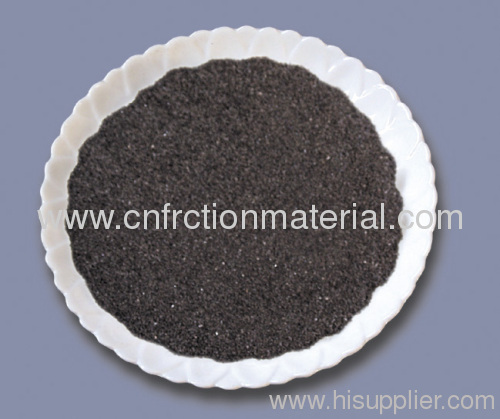
| Model: | Paul |
|---|---|
| Min. Order: | 24 Ton |
| Payment Terms: | L/C, T/T |
| Place of Origin: | Zhejiang, China (Mainland) |
| Means of Transport: | Ocean |
| Production Capacity: | 800 metric ton per... |
| Packing: | plastic and paper bag |
| Delivery Date: | 30 days | iron powder: | color:black |
|---|---|---|---|
| size;0.5MM-1MM,40mesh-100mesh: | important material in metallurgy industry | as Friction materials utilized in the braking systems of automobiles: | As sintered parts |
| used for making welding electrodes: | used as the material for medical dressing | body warmer: | gas cutting materials |
Soft Foam Iron - also known as sponge iron powder (Spongy iron powder) Department of iron in the furnace of more than 1,500 degrees have added foam to make iron into porous objects, foam iron powder used in friction materials, friction properties can be adjusted so that the friction coefficient of stability, relative to the lighter weight would also like to iron it, its porous structure helps to reduce the semi-metallic friction material products in use in the brake noise, in recent years Some research department in the absence of asbestos in the train brake application using iron instead of steel fiber reinforced foam components, products, mechanical strength and friction properties are achieved good results.
Powder metallurgy (PM) is a technology for producing materials or products by compacting and sintering a metal powder or a powder containing nonmetal powder blended with a metal powder. The obtained products are called sintered parts. The majority of PM products are used as automobile parts. Because sintered parts are produced by hardening a powder material, they contain pores. The density of the part and mechanical properties such as strength vary depending on the volume of these pores.
Exterior | Granularity | Iron | Density | Water |
Black Grey | 30-60 40-100 mesh | ≥90% | 1.8-2g/cm3 | ≤1.2% |
Category: Reforcement Material